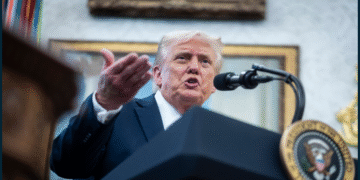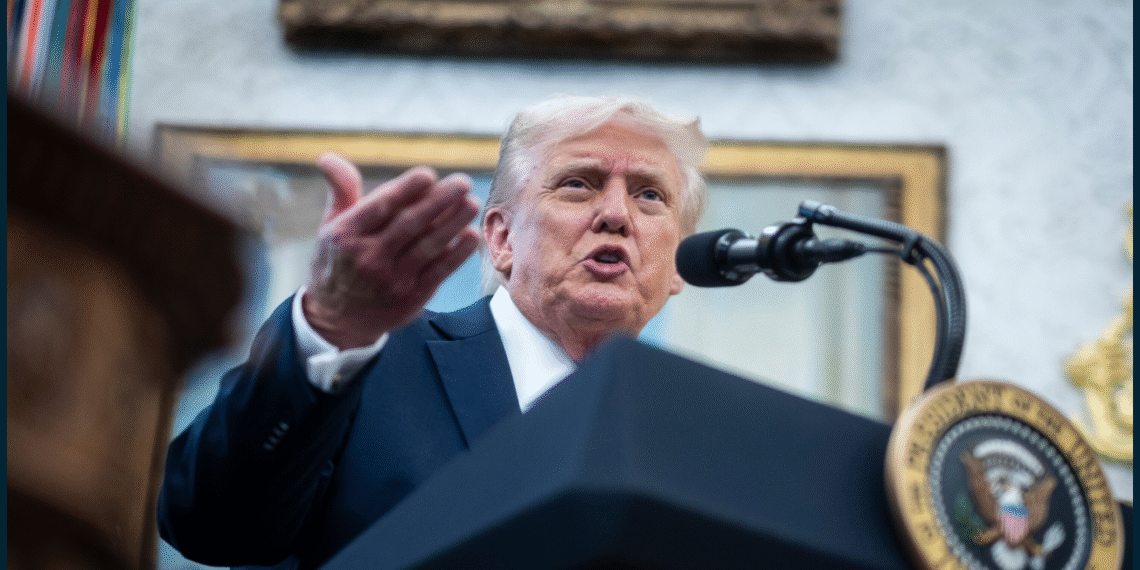A Bold Declaration to Congress
In a surprising move, the Trump administration has told Congress that the United States is now engaged in a “non-international armed conflict” with powerful drug cartels. This follows recent military strikes on boats in the Caribbean that were allegedly connected to drug smuggling operations from Venezuela. According to the administration, cartel members are now considered “unlawful combatants,” and their activities are being treated as direct attacks on U.S. soil.
This announcement marks a major shift in how the U.S. views and responds to drug trafficking. What was once seen as a law enforcement challenge is now being framed as an armed conflict — giving the government broader powers to use military force.
What Led to This Moment
The decision comes after a series of U.S. military strikes against suspected cartel-linked vessels in the Caribbean. These strikes destroyed several boats and resulted in multiple casualties. Officials argue that the scale and organization of these cartels go beyond criminal networks — portraying them as armed groups operating like insurgents.
By labeling cartel actions as acts of war, the administration says it is acting in self-defense and within the laws of armed conflict. This shift allows the Pentagon to expand its operations and potentially conduct more aggressive strikes in the future.
What the Administration Claims
The Trump administration is presenting several arguments to support this new classification:
- Cartels are being treated as non-state armed groups, which means the military can respond under the laws of war.
- Their drug trafficking activities are being described as armed attacks on U.S. interests and citizens.
- The Pentagon is being directed to take further action under this new legal framework.
This shift effectively changes how the U.S. fights drug cartels — moving from policing and arrests to battlefield-style operations.
Legal, Political, and Ethical Concerns
Not everyone agrees with this approach. Legal experts argue that the president does not have the constitutional authority to declare war on criminal organizations without Congress’s approval. They warn that treating cartels like military enemies blurs the line between war and law enforcement, potentially eroding civil liberties.
Critics also fear the move could set a dangerous precedent, allowing future administrations to justify military actions without proper oversight. Additionally, there are concerns about how this will affect U.S. relations with Latin American nations, many of which may see American military operations near their waters as violations of sovereignty.
A New Era in the War on Drugs
Trump’s declaration marks a dramatic escalation in America’s decades-long fight against drug trafficking. By redefining the battle as an armed conflict, the U.S. is changing both the scale and scope of its response. What happens next — in Congress, in the courts, and on the global stage — will determine whether this bold new approach becomes a lasting policy or a deeply divisive chapter in U.S. history.
















